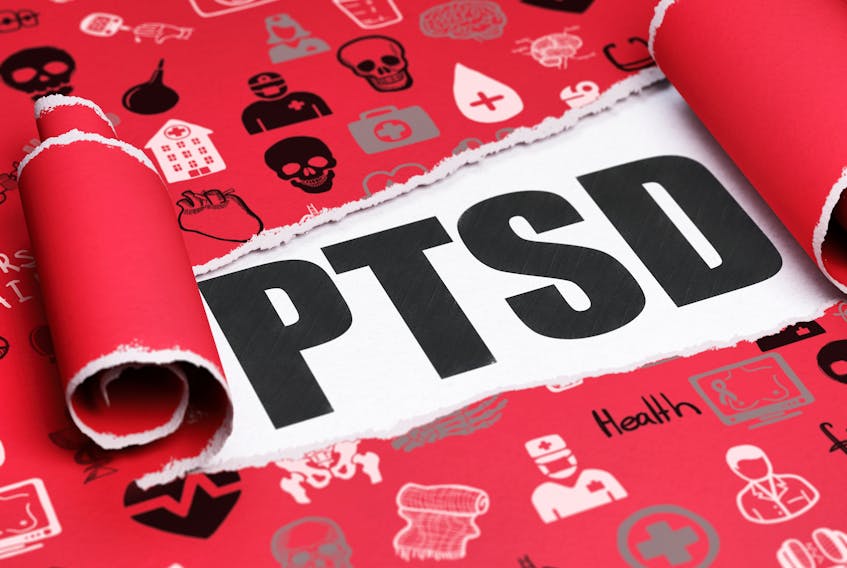If your job breaks you physically or mentally, if it crushes your spine or poisons your lungs or otherwise leaves you unable to work any longer, your options are limited. You can’t sue your employer for what has happened on the job — what you can do is go through the provincial worker’s compensation process.
The Workplace Health, Safety and Compensation Act spells that out clearly: “The right to compensation provided by this Act is instead of rights and rights of action, statutory or otherwise, to which a worker or his or her dependents are entitled against an employer…”
It’s hard enough sometimes to admit you can’t cope; having to restate that, to prove it, to strangers who might simply deny a claim for workplace compensation adds the risk of financial insult to on the job injury.
But all injuries are different. Some are obvious, others are more discrete. Some are easy to talk about; if a pallet crushes your foot, people will sign your cast. Others are far less easily discussed. Leave the office with a diagnosis of clinical depression and you might hear nothing from your workmates. On top of all of that, some conditions are difficult to talk about with strangers, even when those strangers are physicians. For others, it’s difficult to prove they were caused directly by your work.
Take post-traumatic stress disorder (PTSD). For first responders and many other workers, PTSD is clearly a work hazard — but the symptoms of the disorder are not only debilitating, they can be deeply personal and embarrassing.
You may not want to talk about your sleeplessness and uncontrollable anger. You may be unable to jump through bureaucratic hoops and explain about debilitating nightmares or fugues, or you might be unwilling to throw your life into a system that could literally discount everything as being “all in your head.” It’s hard enough sometimes to admit you can’t cope; having to restate that, to prove it, to strangers who might simply deny a claim for workplace compensation adds the risk of financial insult to on the job injury.
And that’s why it’s significant that the provincial government has agreed to bring in legislation that will make PTSD a presumptive injury, as far as this province’s worker’s compensation system is concerned.
That means, if an individual suffers a traumatic incident at work and subsequently develops PTSD, it will be accepted that the injury was caused by their work. A PTSD sufferer will not have to prove that connection.
It’s a critical step forward: it means employees will be able to get help more quickly, and will not face, as a first step, having to prove their illness came from their job.
The decision has been widely lauded, except by employers’ groups, who fear their premiums might end up paying claims to people whose PTSD was not caused by work issues.
To that, we’d say, you can admire their cost-consciousness. Not their humanity.








